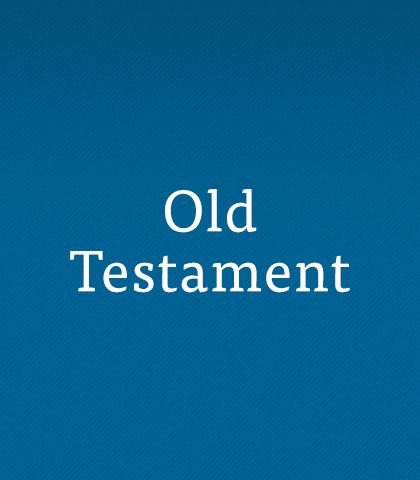Zephaniah: Bright Light in a Dark Day
In the first section of Zephaniah’s book he announced sure judgment with a simple yet forceful style. Then, in the second section, he tenderly prophesied that God would send relief and blessings on His people. Through it all, Zephaniah emerged as a choice prophet in a long line of tough and tender men.


